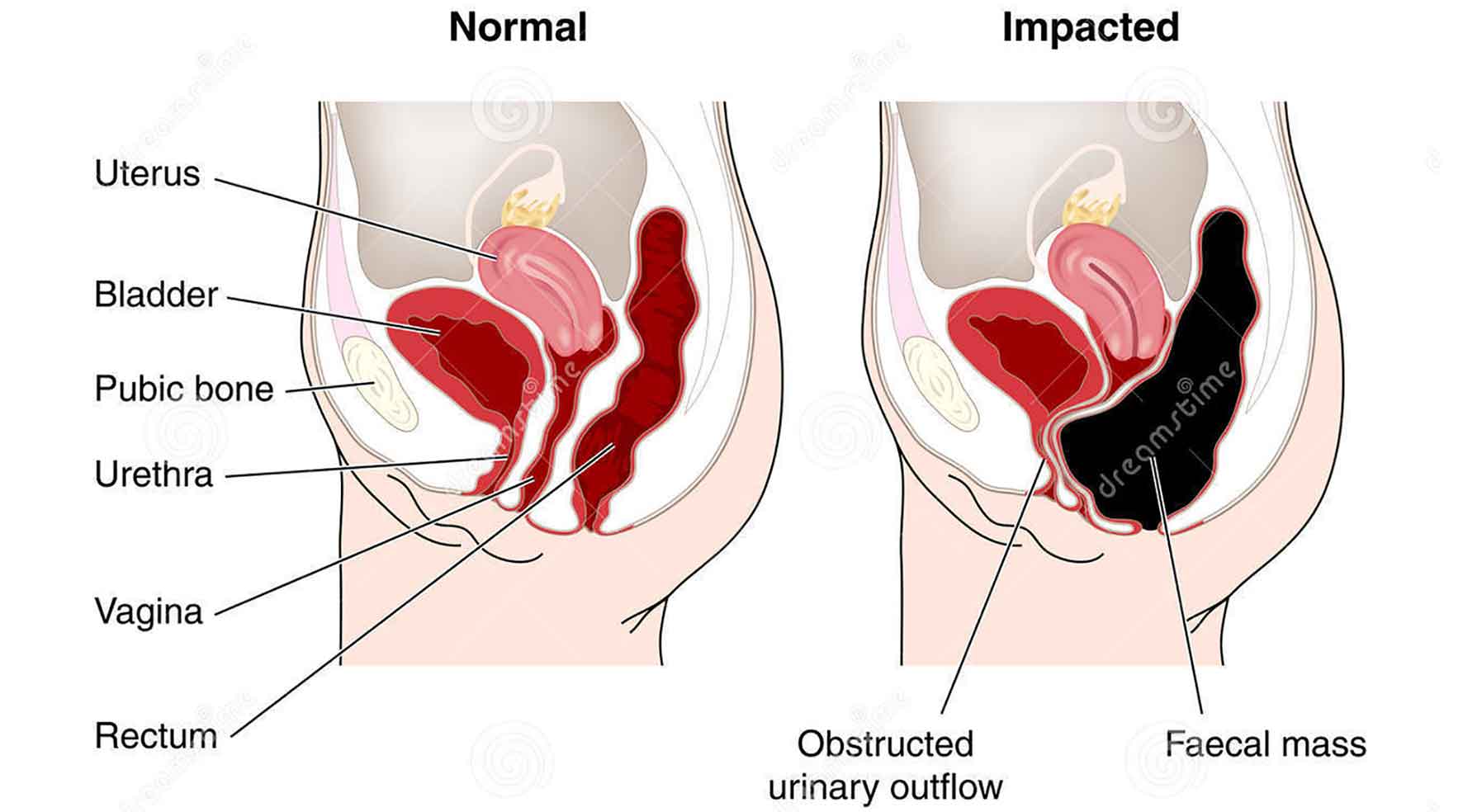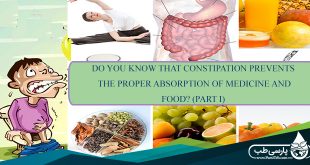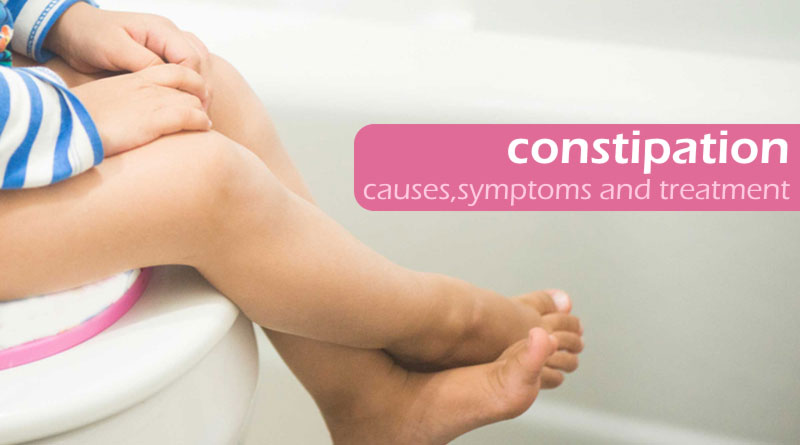The Basics of Constipation
Constipation is one of those topics few like to talk about. If you’ve suffered from this problem, though, you know it can be both painful and frustrating.
Almost everyone gets constipated at some time during his or her life. It affects approximately 2% of the population in the U.S. Women and the elderly are more commonly affected. Though not usually serious, constipation can be a concern.
What Is Constipation?
Constipation occurs when bowel movements become difficult or less frequent. The normal length of time between bowel movements ranges widely from person to person. Some people have bowel movements three times a day; others, only one or two times a week. Going longer than three days without a bowel movement is too long. After three days, the stool or feces become harder and more difficult to pass.
You are considered constipated if you have two or more of the following for at least 3 months:
Straining during a bowel movement more than 25% of the time.
Hard stools more than 25% of the time.
Incomplete evacuation more than 25% of the time.
Two or fewer bowel movements in a week.
What Causes Constipation?
Constipation is usually caused by a disorder of bowel function rather than a structural problem. Common causes of constipation include:
Inadequate water intake.
Inadequate fiber in the diet.
A disruption of regular diet or routine; traveling.
Inadequate activity or exercise or immobility.
Eating large amounts of dairy products.
Stress.
Resisting the urge to have a bowel movement, which is sometimes the result of pain from hemorrhoids.
Overuse of laxatives (stool softeners) which, over time, weaken the bowel muscles.
Hypothyroidism.
Neurological conditions such as Parkinson’s disease or multiple sclerosis.
Antacid medicines containing calcium or aluminum.
Medicines (especially strong pain medicines, such as narcotics, antidepressants, or iron pills).
Depression.
Eating disorders.
Irritable bowel syndrome.
Pregnancy.
Colon cancer.
In some cases, lack of good nerve and muscle function in the bowel may also be a cause of constipation.
What Are the Symptoms of Constipation?
Symptoms of constipation can include:
Infrequent bowel movements and/or difficulty having bowel movements.
Swollen abdomen or abdominal pain.
Pain.
Vomiting.
How Is Constipation Diagnosed?
Most people do not need extensive testing to diagnose constipation. Only a small number of patients with constipation have a more serious medical problem. If you have constipation for more than two weeks, you should see a doctor so he or she can determine the source of your problem and treat it. If constipation is caused by colon cancer, early detection and treatment is very important.
Tests your doctor may perform to diagnose the cause of your constipation include:
Blood tests if a hormonal imbalance is suspected.
Barium studies to look for obstruction of the colon.
Colonoscopy to look for obstruction of the colon.
The vast majority of patients with constipation do not have any obvious illness to explain their symptoms and suffer from one of two problems:
Colonic inertia. A condition in which the colon contracts poorly and retains stool.
Obstructed defecation. A condition in which the person excessively strains to expel stool from the rectum.
Top PicksSlideshow: What Is IBS? Slideshow: Understanding Diverticulitis Symptoms and Treatment Health Check: Coping With Ulcerative Colitis 4 Types of Treatments for Acid Reflux
***********************************************************************************
The Basics of Constipation
How Can I Prevent Constipation?
There are several things you can do to prevent constipation. Among them:
Eat a well-balanced diet with plenty of fiber. Good sources of fiber are fruits, vegetables, legumes, and whole-grain bread and cereal (especially bran). Fiber and water help the colon pass stool.
Drink 1 1/2 to 2 quarts of water and other fluids a day (unless fluid restricted for another medical condition). Liquids that contain caffeine, such as coffee and soft drinks, seem to have a dehydrating effect and may need to be avoided until your bowel habits return to normal. Some people may need to avoid milk, as dairy products may be constipating for them.
Exercise regularly.
Move your bowels when you feel the urge.
What Should I Do If I Am Constipated?
If you are constipated, try the following:
Drink two to four extra glasses of water a day (unless fluid restricted).
Try warm liquids, especially in the morning.
Add fruits and vegetables to your diet.
Eat prunes and/or bran cereal.
If needed, use a very mild stool softener or laxative (such as Peri-Colace or Milk of Magnesia). Do not use laxatives for more than two weeks without calling your doctor, as laxative overuse can aggravate your symptoms.
Warning About Constipation
Call your doctor if:
Constipation is a new problem for you.
You have blood in your stool.
You are losing weight even though you are not dieting.
You have severe pain with bowel movements.
Your constipation has lasted more than two weeks.
 Parsi Teb Physical and Mental Health Journal
Parsi Teb Physical and Mental Health Journal 



